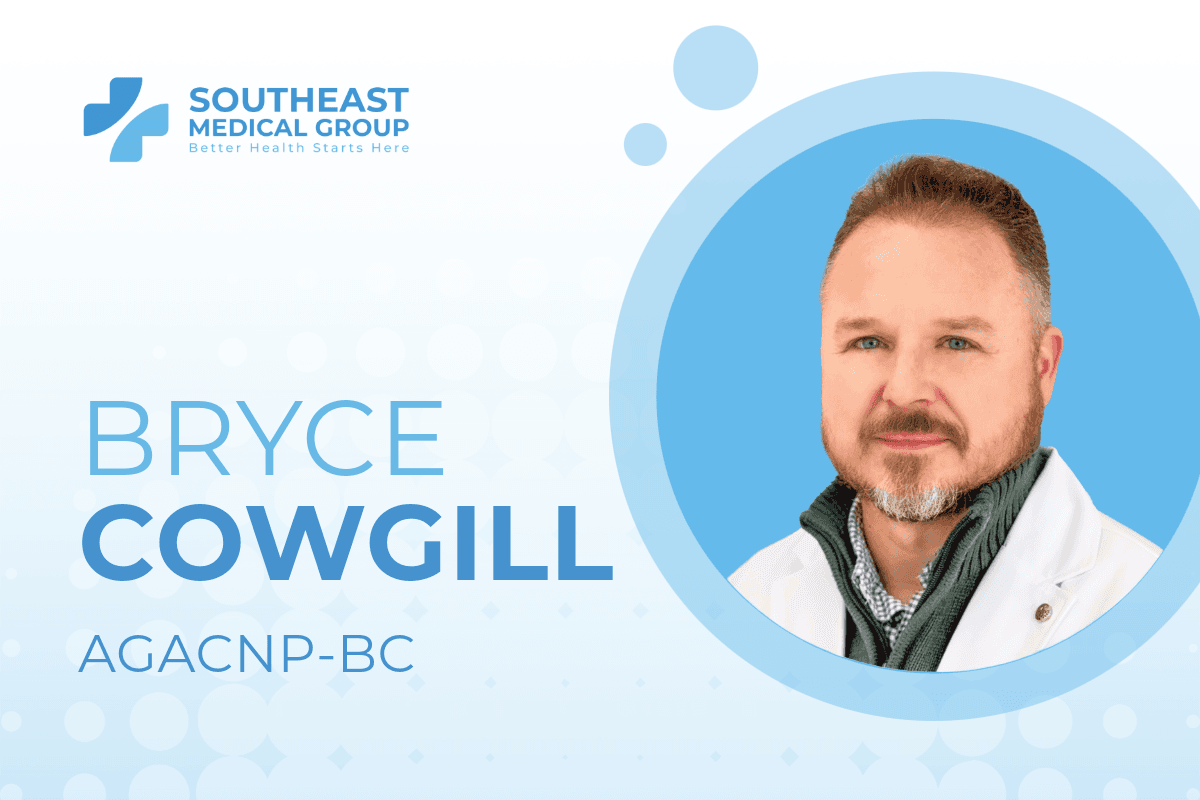March is recognized as Colorectal Cancer Awareness Month, a crucial period dedicated to increasing public knowledge and understanding of colorectal cancer, its prevention, and the importance of early detection through screening. This month serves as a vital platform for healthcare providers, cancer survivors, advocacy groups, and the community at large to unite in the fight against the third most common type of cancer worldwide.
Colorectal cancer remains a significant health concern worldwide. Its early detection and prevention are crucial for reducing mortality rates and improving health outcomes.
Prevention
Colorectal screenings play a pivotal role in preventing colorectal cancer, one of the leading causes of cancer death. Regular screening is one of the most powerful tools against colorectal cancer, as it can often find the disease early when it's small, hasn't spread, and is easier to treat. More importantly, regular screening can prevent colorectal cancer by identifying and removing polyps before they have the chance to turn into cancer. The American Cancer Society emphasizes that many colorectal cancers can be prevented through regular screening, underscoring the procedure's preventive potential.
Early Detection
The significance of early detection cannot be overstated. When colorectal cancer is found at an early stage before it has spread, the 5-year survival rate is about 90%. However, according to The American Cancer Society, only about 4 out of 10 colorectal cancers are found at this early stage. Early stages of colorectal cancer usually present no symptoms, which makes screening crucial for early detection.
Risk Factors
Understanding risk factors is essential for identifying individuals at higher risk who might benefit from earlier or more frequent screenings. Risk factors for colorectal cancer include age, with the risk increasing as one gets older, and lifestyle factors such as lack of regular physical activity, a diet low in fruit and vegetables, overweight and obesity, alcohol consumption, and tobacco use. Additionally, individuals with a personal or family history of colorectal cancer or colorectal polyps, and those with genetic syndromes like familial adenomatous polyposis (FAP) or hereditary non-polyposis colorectal cancer (Lynch syndrome), are at an increased risk.
Screening Recommendations
The U.S. Preventive Services Task Force recommends screening for colorectal cancer in all adults beginning at age 45. Various screening tests are available, including colonoscopy, the gold standard, which allows for the examination of the entire colon and the removal of polyps during the procedure. Other tests include stool-based tests and visual exams like sigmoidoscopy and CT colonography. It's crucial for individuals to discuss with their healthcare providers the most appropriate screening test based on their risk factors and health status.
Takeaways
Colorectal screenings are a critical component of cancer prevention and early detection strategies. By understanding the importance of these screenings and the risk factors associated with colorectal cancer, individuals can take proactive steps towards maintaining their health. Regular screenings not only have the potential to save lives by preventing colorectal cancer but also significantly improve outcomes for those diagnosed with the disease by catching it early when it is most treatable.
Article written by Dr. Jeff Stone, Medical Director
References:
[1] https://www.ncbi.nlm.nih.gov/pmc/articles/PMC4365838/
[2] https://www.uspreventiveservicestaskforce.org/uspstf/recommendation/colorectal-cancer-screening
[3] https://www.cancer.org/cancer/types/colon-rectal-cancer/detection-diagnosis-staging/detection.html
[4] https://www.cdc.gov/cancer/colorectal/basic_info/risk_factors.htm
[5] https://www.cancercare.org/publications/116-colorectal_cancer_the_importance_of_screening_and_early_detection
[6] https://www.cdc.gov/cancer/colorectal/basic_info/screening/tests.htm
[7] https://www.cancer.org/cancer/types/colon-rectal-cancer/detection-diagnosis-staging/acs-recommendations.html
[8] https://www.cancer.net/cancer-types/colorectal-cancer/risk-factors-and-prevention
[9] https://www.ncbi.nlm.nih.gov/pmc/articles/PMC8485384/
[10] https://www.cdc.gov/cancer/colorectal/basic_info/screening/index.htm
[11] https://www.massgeneralbrigham.org/en/about/newsroom/articles/how-to-detect-colon-cancer-early
[12] https://www.hopkinsmedicine.org/health/conditions-and-diseases/colon-cancer/colon-cancer-risk-factors
[13] https://www.cancer.gov/types/colorectal/hp/colorectal-screening-pdq
[14] https://jamanetwork.com/journals/jama/fullarticle/2779985
[15] https://www.cancer.gov/types/colorectal/screening-fact-sheet
[16] https://www.mskcc.org/cancer-care/types/colon/prevention-risk
[17] https://www.cdc.gov/chronicdisease/programs-impact/pop/colorectal-cancer.htm
[18] https://health.gov/healthypeople/tools-action/browse-evidence-based-resources/colorectal-cancer-screening
[19] https://www.lifespan.org/centers-services/colorectal-cancer-multidisciplinary-clinic/early-detection-colorectal-cancer-key
[20] https://evidence.nejm.org/doi/full/10.1056/EVIDra2100035
[21] https://www.cancer.gov/types/colorectal/patient/colorectal-screening-pdq [22] https://www.mayoclinic.org/diseases-conditions/colon-cancer/in-depth/colon-cancer-screening/art-20046825
[23] https://www.bmj.com/content/374/bmj.n1855
[24] https://bestcare.org/news/importance-colorectal-cancer-screening
[25] https://www.health.ny.gov/diseases/cancer/colorectal/screening.htm



